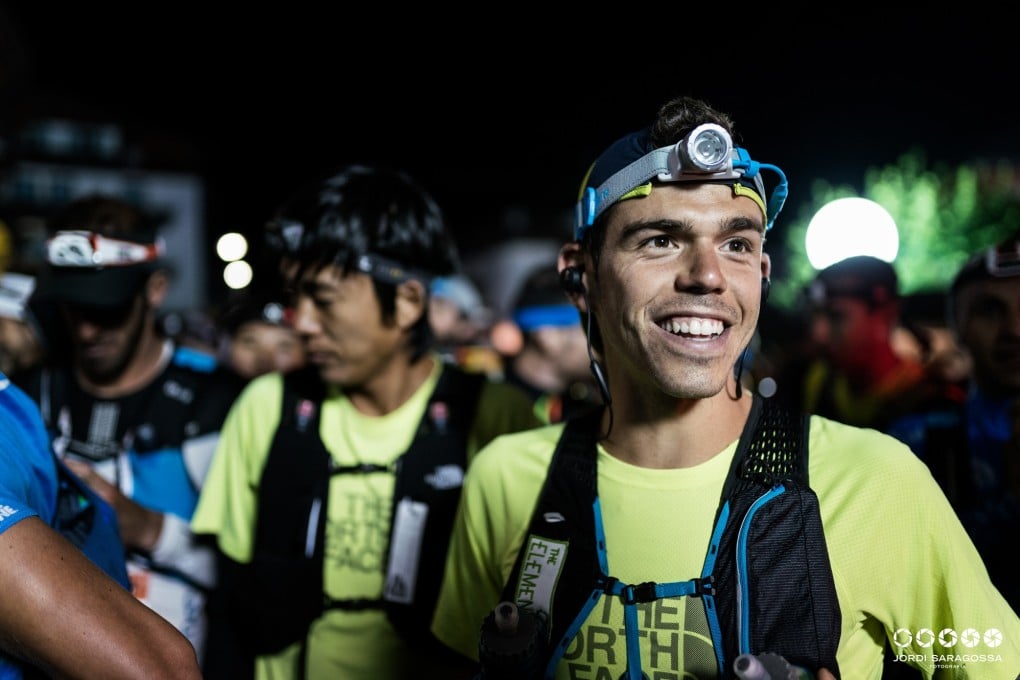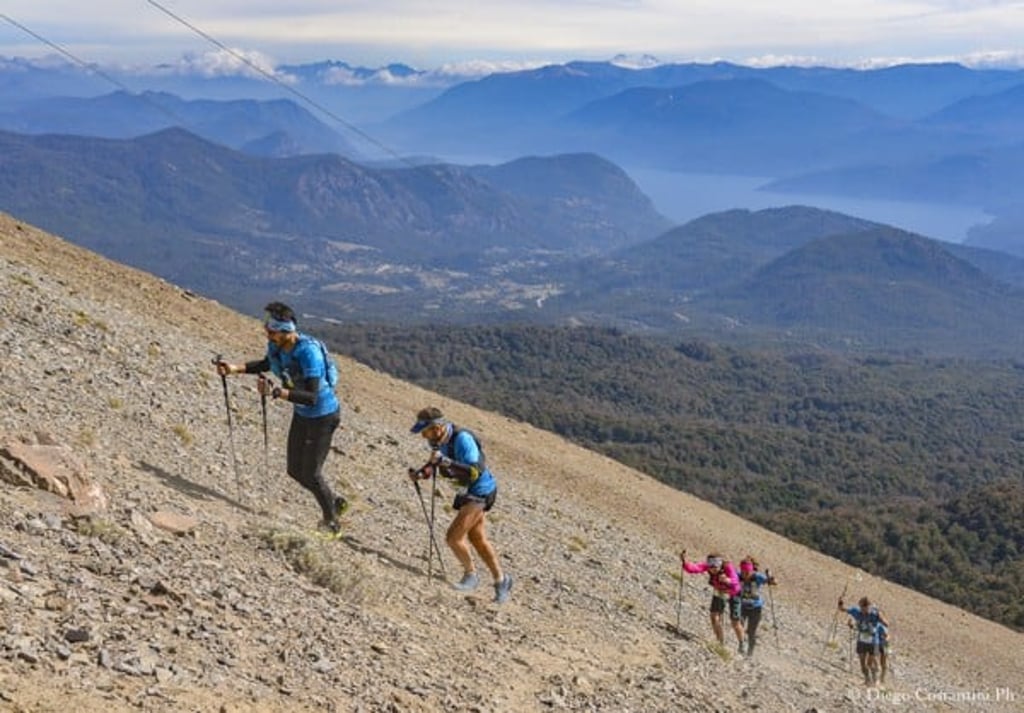Spartan makes a move into trail running offering global events and massive prize money
- The Ultra-Trail World Tour serves Europe, and more recently Asia, but Spartan believes the Americas have been neglected and athletes deserve rewards

The logo of Spartan obstacle course races – a Greek warrior helmet – is one of the world’s most recognisable brands. Every year over a million people in more than 30 countries take part in Spartan events.
Now Spartan have expanded into trail running, launching a Spartan Trail brand.
“Why Spartan Trail? Because we believe in obstacles both natural and man-made,” Joe De Sena, the founder and CEO of Spartan, told the SCMP.
Mariano Alvarez, the CEO of Spartan Trail, said the aim is to create new markets, inject new ideas, and bring new audiences and sponsors to the sport.

Alvarez, an engineer who became an entrepreneur in the early days of the internet, has been organising trail races for 17 years. In 2009, the Argentinian founded one of South America’s most prestigious events – Patagonia Run.